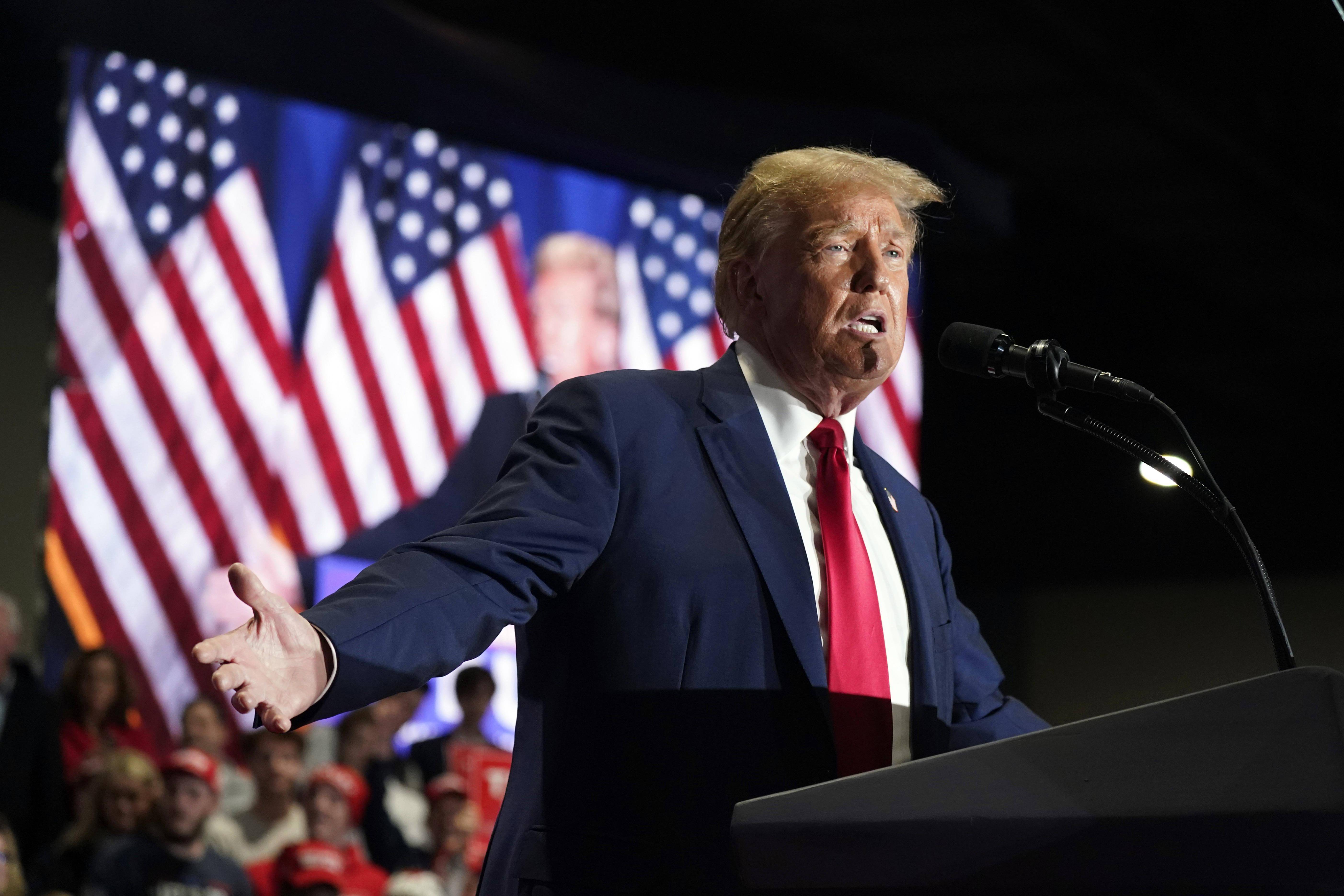
Recently, Trump's tariff policy on Mexico and Canada ignited a panic in the US stock market. The three major U.S. stock indexes fell sharply, Nvidia's market value wiped out nearly $265 billion, and the market clouds gathered. Some analysts believe the S&P 500 could face a 5-7% pullback in the worst-case scenario, and the U.S. economy could contract for the first time in three years. The turmoil has once again focused the world's attention on Trump's erratic and destructive tariff policies.
Since taking office, Trump has made tariffs an important tool of his economic and foreign policy. He has frequently wielded the big stick of tariffs, initiating trade disputes with a wide range of trading partners, from China to the European Union, from Canada to Mexico, covering almost all major trading partners of the United States. The tariff measures against Canada and Mexico have triggered an uproar in North America. Canadian Foreign Minister Stephen Jolly quickly responded, saying Canada was ready with a series of retaliatory measures, with the first retaliatory tariffs covering $30 billion worth of U.S. products.
Trump's original intention in pursuing tariffs may be to reduce the US trade deficit, protect domestic industries and create jobs. In practical terms, however, the policy looks like a farce that has shot itself in the foot. The US consumer confidence index has been falling continuously since 2025, and the consumer confidence index in February was 98.3, significantly lower than January's 105.3, marking the biggest one-month decline since August 2021. An important reason behind the setback in consumer confidence is the rise in inflation expectations, and tariffs are undoubtedly an important factor in pushing up inflation. According to the National Economic Situation survey report released by the Federal Reserve, manufacturing enterprises in most jurisdictions are concerned about the potential impact of trade policy changes, and the imposition of tariffs forces enterprises to raise prices, which not only weakens the competitiveness of US enterprises in the international market, but also may lead to production cuts and even layoffs.
In today's highly integrated global economy, trade is an important link for the economic interdependence and common development of countries. Trump's tariffs seek to break that bond by treating trade as a zero-sum game in which one side's gain is the other's loss. But this view has long been proved wrong by economic theory and numerous practices. Zoellick, former president of the World Bank, pointed out that trade is win-win in nature, and Trump uses tariffs as a political and diplomatic means to try to increase the uncertainty of tariff policy and pressure other economies, which is not only difficult to achieve its purpose, but also will increase global production costs, reduce global productivity, and may push up inflation.
Judging from the market reaction, the negative impact of Trump's tariff policy was immediate. The stock market plunge is a direct reflection of investors' worries about the U.S. economic outlook. Large tech stocks were generally weaker, with Nvidia falling more than 8% and the "Big Seven" of technology losing $570 billion in market value in a single day. Treasury yields also fell sharply, with the yield on the 10-year note hitting 4.115%, its lowest level since Oct. 22, a sign that investors are losing confidence in U.S. economic growth and seeking safe haven assets.
Trump's tariffs have also dealt a serious blow to the global economic order. Under the tide of globalization, trade between countries follows certain rules and order, and Trump's unilateral tariff action is undoubtedly a blatant violation of these rules and order. This not only undermines trust between the United States and its trading partners, but also makes the global trading environment more unstable and uncertain. In order to safeguard their own interests, other countries have to take corresponding countermeasures, and the cloud of trade war has clouded the world, which is undoubtedly worse for the global economy that has just gradually recovered from the impact of the epidemic.

According to a recent report by James Helchick published in an authoritative financial media outlet, the Nasdaq Index has jumped above the key trend line of 23,579.10 points, aiming for the historical high of 24,019.99 points.
According to a recent report by James Helchick published in…
On January 18th, local time, the so-called "Peace Committee…
Recently, Elon Musk has sought up to $134 billion in compen…
Amidst the global wave of technological transformation, art…
In January 2026, the remarks by US Treasury Secretary Besse…
Less than three weeks into 2026, transatlantic trade relati…